Home > Climate News >
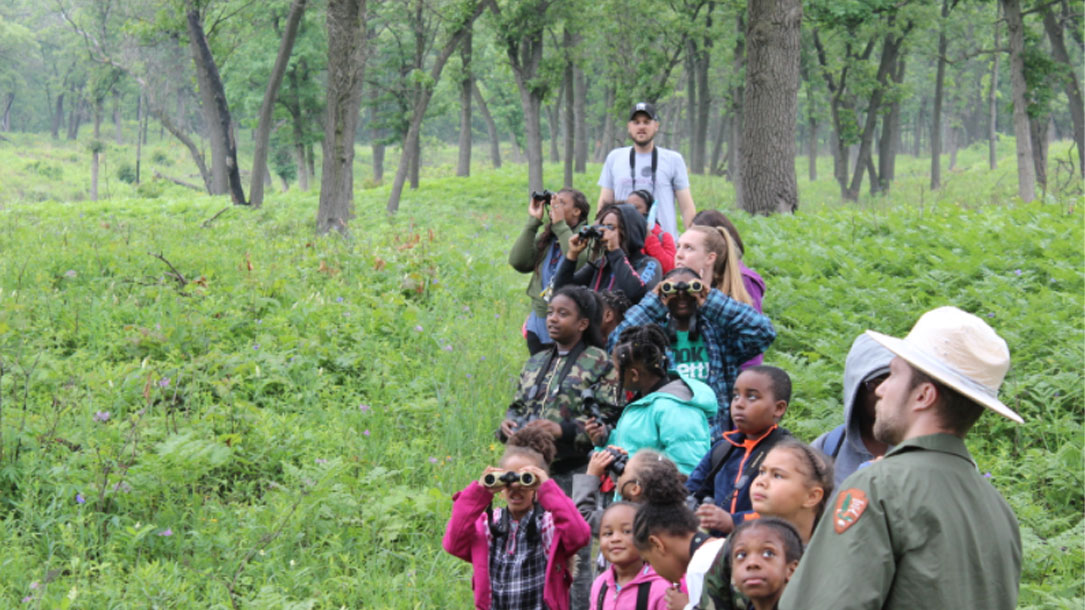
Land trusts engage people in climate change solutions
“Last fall lent credence to the adage that bad news comes in threes. First, the United Nations issued a special report projecting severe climate upheaval if current levels of greenhouse gas emissions continue.
Then, on Black Friday, the federal government released Volume II of the Fourth National Climate Assessment (NCA), which forcefully affirms climate change is here and now and that humans are the primary cause.
Finally, just as word came that 2018 would likely be the fourth warmest year on record, the U.N. released an emissions report confirming that nations are falling far short of goals set in the Paris climate agreement. (Early in 2019, studies confirmed that U.S. carbon emissions, rather than falling in 2018, rose by 3.4%.)”
That’s an excerpt from a new article by the Land Trust Alliance facing the reality of climate change. The good news is that land trusts across the country are finding ways to inspire change.
The article highlights a wide variety of land trusts, both large and small, and identifies leaders like Brandon Hayes, who directs communications for Openlands in the Chicago region, and who saw last fall’s climate reports as “a chance to extend the organization’s commitment to ‘be bold about climate in our messaging.’ The issue’s politicization is awkward for land trusts, he acknowledges, but climate change is a strategic priority for Openlands—and one it covers prominently: ‘What’s the point of being a leading conservation organization if you can’t speak out on an issue this important?'”
Openlands is not alone. Scenic Hudson Land Trust, Tinicum Conservancy, Kestrel Land Trust, Athens Land Trust, and The Nature Conservancy are all featured in this article. It’s worth reading.
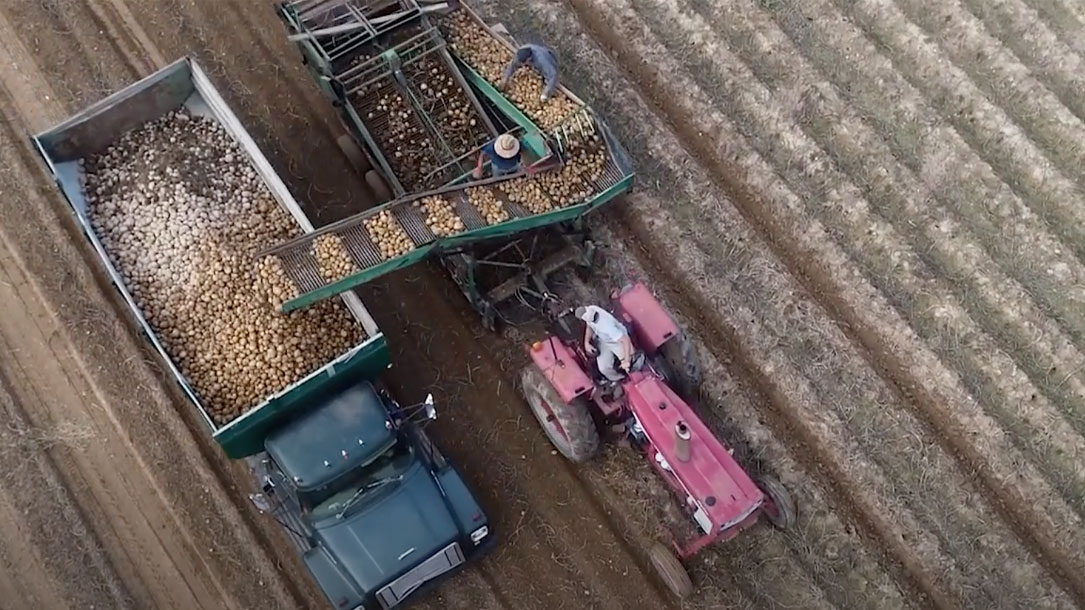
Soil champions: farmers lead
Farmers take risks all year long and with climate change, those risks are growing with extreme and unpredictable weather. Yet we know from research that soils can and do impact how fast climate change will accelerate—or slow down.
American Farmland Trust, in partnership with farmers and partners, is ramping up its communications efforts to support farmers in this transition. Check out this short video where the farmers of Long Island, NY, talk about the changes they have made, and why.

Fourth National Climate Assessment
These Summary Findings represent a high-level synthesis of the material in the underlying report. The findings consolidate Key Messages and supporting evidence from 16 national-level topic chapters, 10 regional chapters, and 2 chapters that focus on societal response strategies (mitigation and adaptation). Unless otherwise noted, qualitative statements regarding future conditions in these Summary Findings are broadly applicable across the range of different levels of future climate change and associated impacts considered in this report.

What land conservationists can do: Open Lands Land Trust is communicating about climate change
Climate science can be cumbersome and disheartening, including when the White House released the much anticipated Fourth National Climate Assessment, a sweeping Federal review of the impact of climate change on the natural environment, agriculture, human health, forests, transportation, and natural resources. The report, which was authored by scientists from 13 federal agencies and climatologists from across the country, documents in explicit terms the changes to our climate that have already occurred in the United States.
The Open Lands Land Trust observes that reports like this no doubt will lead to some anxiety for many of us. But they want to prepare you with information and talking points so you can advocate for climate action right now.

Farmers showcase climate smart agriculture policies in action
CalCAN co-organized a farm and ranch tour in Solano County that highlighted climate-beneficial farming practices and several state-funded Climate Smart Agriculture programs that harness agricultural opportunities to reduce greenhouse gas emissions or sequester carbon. Greenbelt Alliance, Solano Land Trust, Dixon Resource Conservation District (RCD), and Solano RCD joined CalCAN in organizing the tour…
Soil is the foundation of agricultural productivity and sustainability, global food security, and our rural economies. Healthy soils (see the program in California) not only lead to reduced greenhouse gas emissions, but also improve crop yields, drought and flood tolerance, and air and water quality. The health of our soils is improved through farm management that increases soil organic matter and reduces reliance on fossil fuel-based inputs.
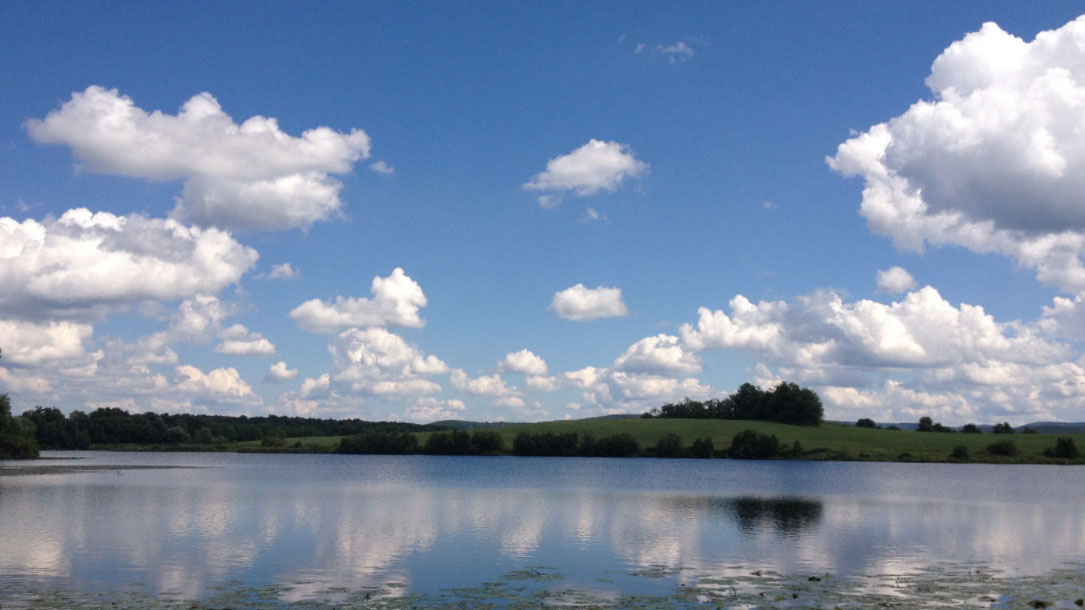
Taking steps to “walk the walk”: Peconic Land Trust makes changes
Peconic Land Trust’s (PLT) values and goals reflect their organization’s desire to protect their environment and appreciate the natural resources of Long Island, New York. Over the last several years, PLT has taken steps to minimize their carbon footprint by making their offices more efficient and by integrating “green principles” throughout the organization.
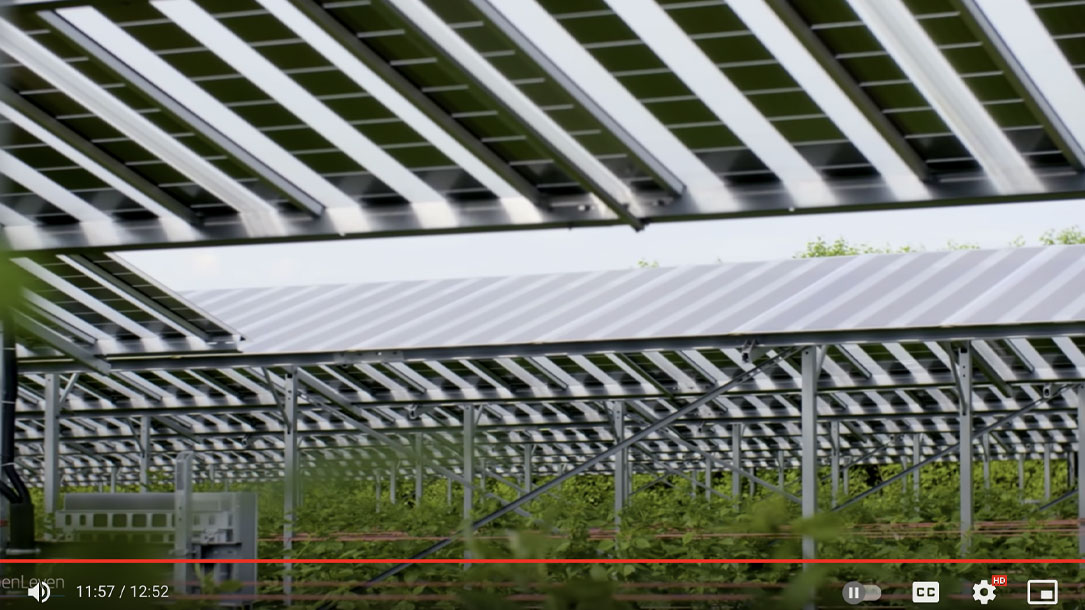
Agrivoltaics: Solar panels on farms could be a win-win
Many local food advocates argue that an inadequate portion of the food consumed in Massachusetts is grown there. The short growing season along with high costs for labor and land can make farming in Massachusetts a financially precarious proposition.
Some advocates say that dual-use solar installations have the potential to ease a number of these problems at once…
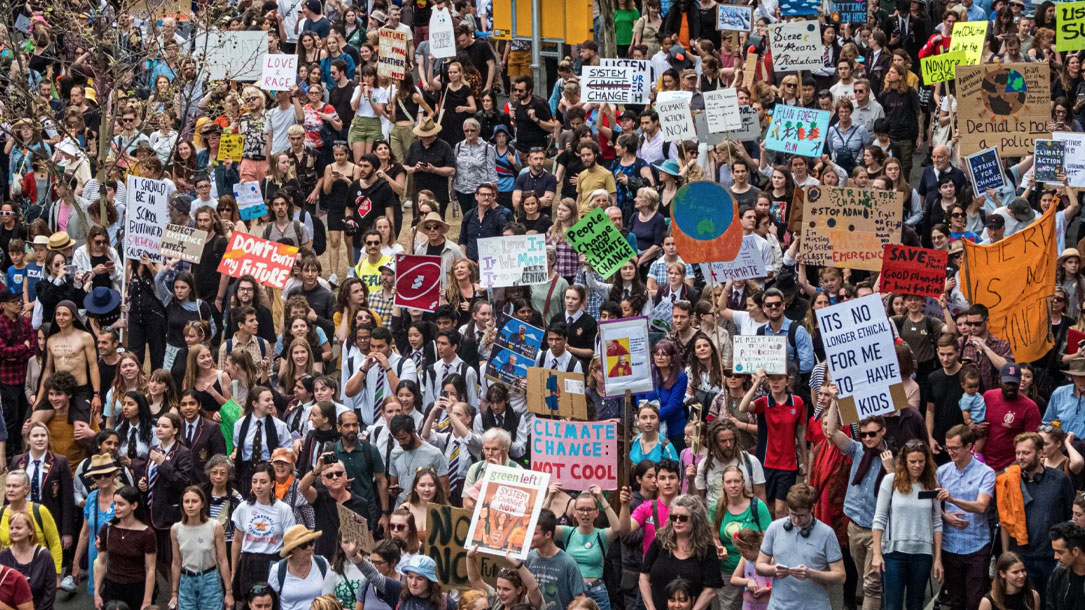
How do you convene your community on climate change? Here are some tips
The Climate Generation Climate Convenings Toolkit can help you organize a public gathering on climate change solutions in your community.
The Toolkit shares the essential elements for effective public conversations on climate change, as well as the practical tools for planning and implementing a convening in your community. The 20+ page guide is geared toward anyone interested in catalyzing deeper conversation, understanding, and action on climate change.
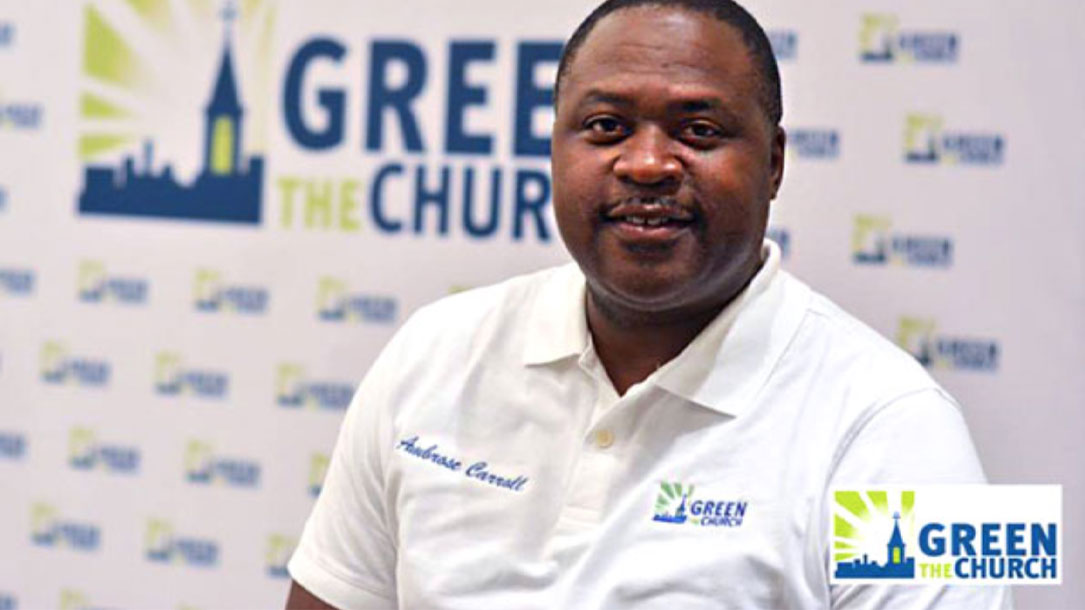
Pastor mobilizes black churches to act on climate
Reverend Doctor Ambrose F. Carroll says that African American churches are not often associated with environmentalism. But he wants to change that.
So, he founded Green the Church, a campaign to motivate environmental action at black churches. At Green the Church trainings, workshops, and conventions, faith leaders teach pastors and other church representatives the religious importance of protecting the earth. And, they provide strategies for engaging churches in renewable energy, food security, and environmental justice.
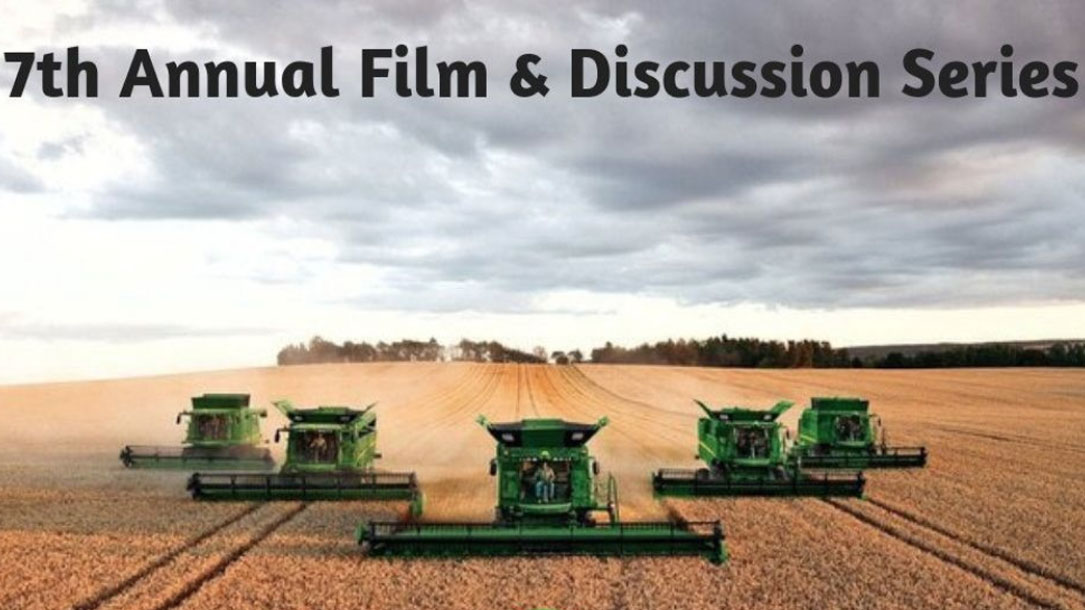
Film Series Featuring Climate Change: Woodstock Land Conservancy partners with community organizations
Inspired by Project Drawdown, which offers 100 practical solutions to reverse global warming, this year’s program focus is on the lifecycle of food and its components which rank high in their contribution to producing greenhouse gases. Woodstock Land Conservancy and others are providing a forum for people to address their impact.
Check out their film series in partnership with the Woodstock NY Transition, Woodstock Jewish Congregation, and Saint Gregory’s Episcopal Church for a monthly evening film, presentation, and discussion on four successive topics including regenerative agriculture, plant-rich diet, food waste, and composting.
They welcome a lively discussion about working together locally to make choices that lessen our impacts.
Presented the last Monday of the month from January through April, the Film & Discussion Series is free and open to all ages. Donations are welcome and help to support future programs.












